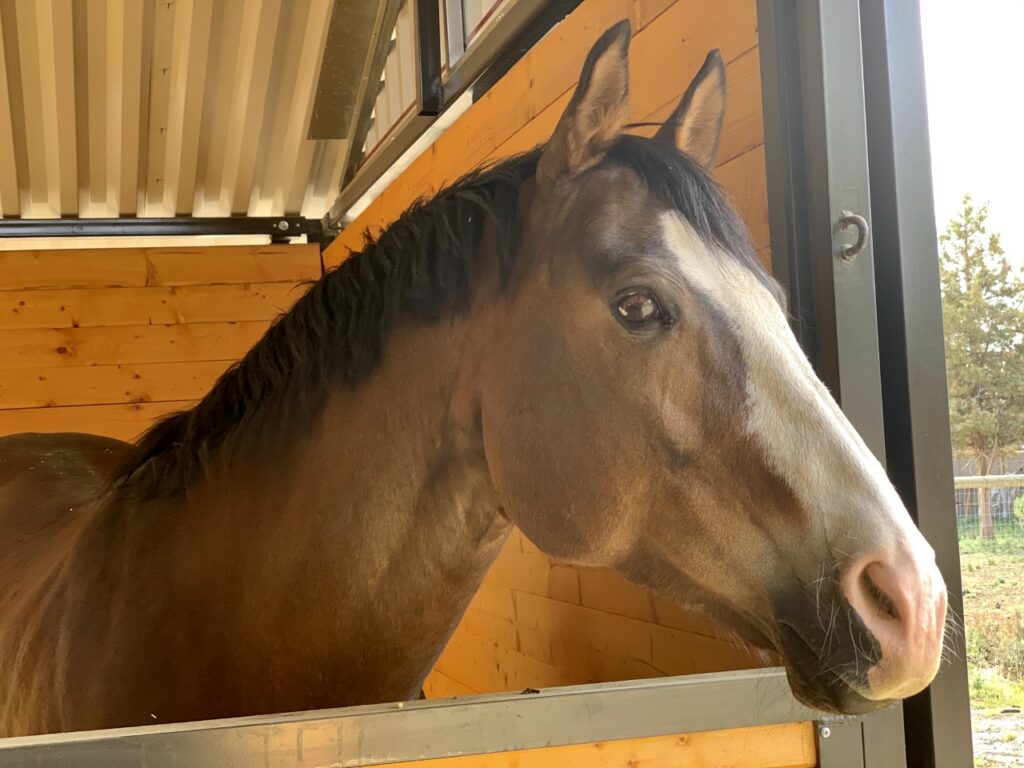
Does Your Horse Head-Butt? Learning Theory Can Fix That
The key lies in offering the horse other behaviors—backing, for instance—to perform besides head-butting.
How to care for the basic health needs of horses

The key lies in offering the horse other behaviors—backing, for instance—to perform besides head-butting.

Researchers found the gastric ulcer drug might affect microbiomes less in horses than in humans and dogs.

Learn how veterinarians diagnosed and managed six real-life equine Cushing’s cases that strayed from the classic scenarios.

As social animals, horses have a basic need to connect with others, and it is essential to their well-being and survival.

It still isn’t clear how PPID leads to insulin issues and subsequent laminitis. But vets and researchers do know that, regardless of how PPID horses develop insulin dysregulation, having both conditions leads to a poorer prognosis than having either alone.

Do you think your horse is worth protecting? Enter The Horse’s photo contest for a chance to win a prize pack from Manna Pro.

What causes Cushing’s disease, and why does it seem like it’s so prevalent in our horses?

Look for up-to-date information on diagnosing and managing horses with pituitary pars intermedia dysfunction (PPID) throughout June on TheHorse.com.

Investigation could result in disease responses at additional facilities.

Some calming supplements for horses contain valerian, an herb thought to interact with brain chemicals. Here’s what science says—or doesn’t say—about valerian for calming horses.

A dappled coat might be a sign of optimum equine health and nutrition, but the reality is more complicated. One equine nutritionist offers advice on bringing out the bloom in your horse’s coat.

Buttercups can cause mouth pain and blisters, drooling, oral and gastric ulcers, colic, and diarrhea in horses that eat them.

A veterinary anesthesiologist describes the steps he takes when caring for horses before, during, and after surgery.

Aged horses require the same, if not higher, level of care as their younger counterparts. Learn about the unique needs of old horses, and meet five over-30 horses with age-related ailments.

Does your horse break out into hives during stressful situations?

Indian researchers found resistant proud flesh became undetectable within weeks of treatment with the newly developed desert cotton leaf extract.
Stay on top of the most recent Horse Health news with
"*" indicates required fields